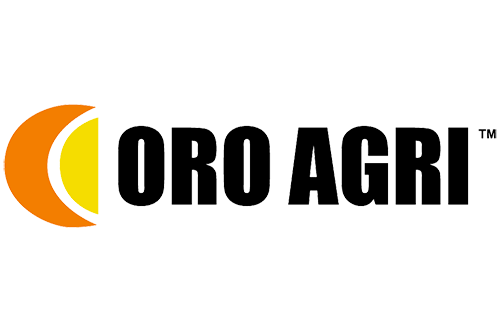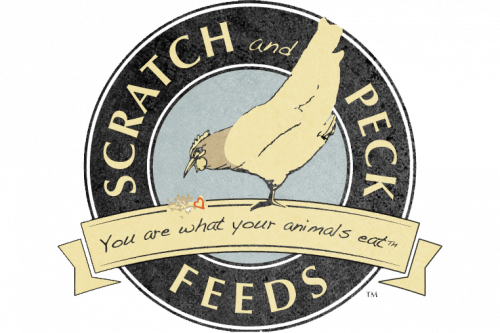Most people know Chef Spike Mendelsohn from when he competed on Top Chef: Chicago Season 4 and came back to compete on Top Chef All-Stars Season 8. He also owns Good Stuff Eatery (multiple locations) as well as We, The Pizza and Béarnaise in Washington, D.C. and Sunny’s in Miami, Fla. Spike has worked with Gerard Boyer in Reims, France; Thomas Keller of Bouchon in Napa Valley, California; Sirio Maccioni of Le Cirque; and Drew Neiporent’s Mai House in New York City. He has created recipes for the International Food Information Council’s (IFIC) campaigns on health and served as part of CARE’s Chefs’ Table Program. He currently is leading the D.C. Food Policy Council as chair and continues to advocate on multiple food issues across the globe.
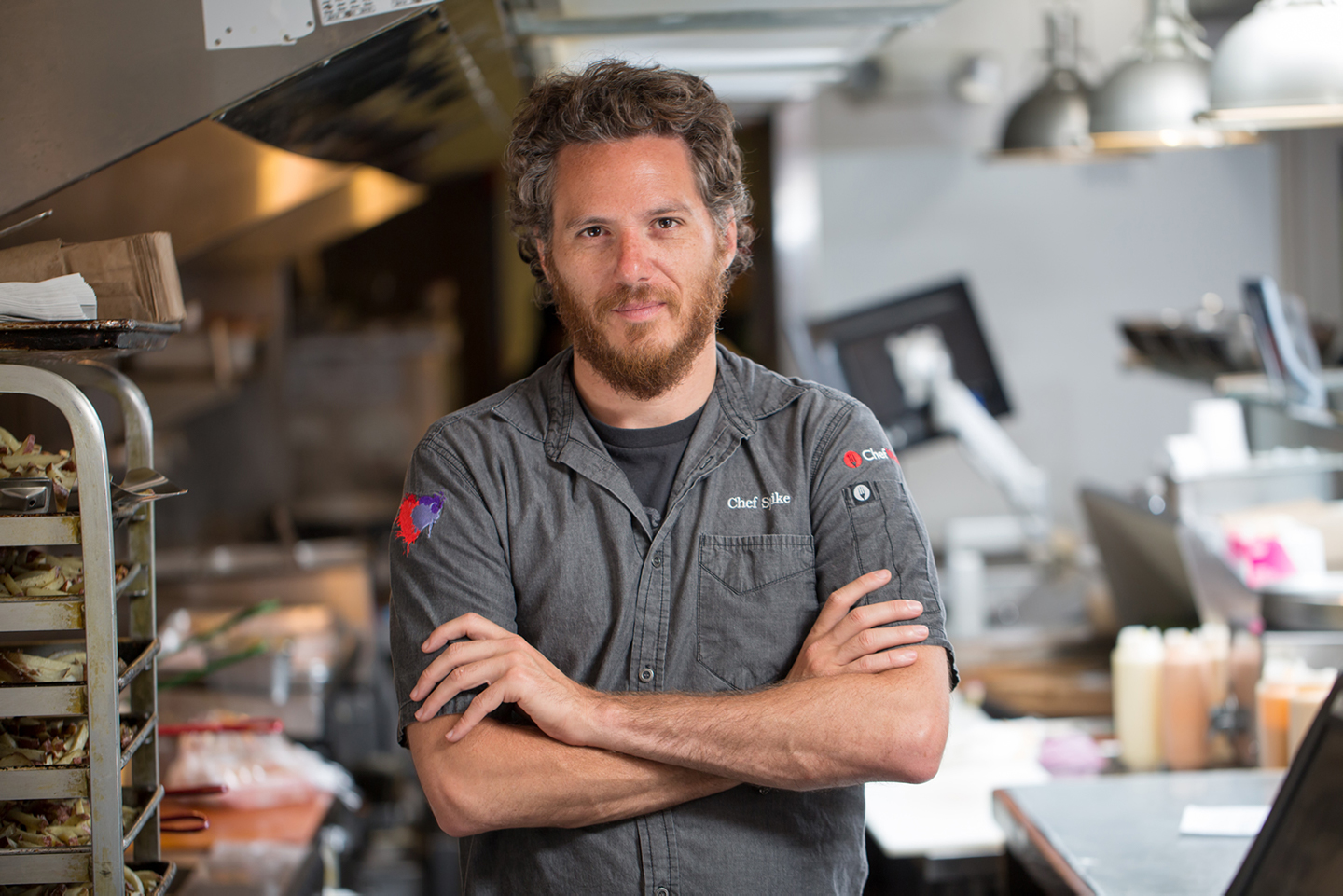
Why do you often tell people interested in joining this “food movement” that the biggest thing they can do to start is to share a meal with friends or family?
Cooking for somebody is an act of graciousness. To me, the most powerful thing on the planet is when you get to share in the moment when you’re cooking with people.
I’ve always related to people — whether in the United States, Mozambique, Saudi Arabia, Milan or wherever — I’ve always been able to connect with people through food or by cooking them something. If someone asks, “How do I get more involved in food, and food policy, and the bettering of the food movement?” Well, it takes your two hands. It takes acts like being with and cooking with people and sharing ideas. To me, that’s the lesson that needs to be learned.
It’s like someone trying to do a crazy take on a Béarnaise sauce without learning how to roast bones first, or do any of the important basics. Sometimes we over complicate what we really need for this food movement, and going back to the basics of getting people more involved in food by cooking together is the starting place to everything else that comes along.
Do you have a special moment around friends and family that reminds you of your own connection to food and beyond?
I come from a big Greek family, so for me, the dinner table was always something of celebration, with lots of people at it, and lots of food. We used ingredients that were super simple and represented who we were. My grandfather always had an acronym for it: SPOOL. If you put salt, pepper, olive oil, oregano and lemon on anything, it can taste really delicious.
When I was doing my apprenticeship in the north of France, it was the first time away from home for me. In Europe, everything revolved around the meal. It was amazing to me when all the chefs were breaking for lunch, how serious and big of a priority our family meals were for the staff. It was just as serious as cooking food at a three star Michelin restaurant.
We all needed to sit down together at the table and pass the platters around — we all made the food — so it was this super-connecting thing. That travel was my eye-opening moment, when it all made sense with food for me. I was at a young age, training to become a chef and abroad, but that was the moment where I was like, “Wow.” Their respect for food here, amongst these other 14-16-year and even older old guys, was so intense to me. That’s what I’ve carried around for the rest of my life. It was just great that it mimicked what I had been brought up in, but I never expected to travel somewhere with a bunch of strangers and be put into a family meal moment like that.
Why are you as a chef uniquely positioned to be an advocate for the good-food movement?
Well, we have a sexy and powerful voice in a movement where food is bragged about and watched on television.
If you asked me 30 years ago if I thought chefs had a powerful voice in the food movement, I would have been like, “Probably not, unless Wolfgang Puck is going to soapbox for a minute about hunger while he’s selling this new toaster.”
Food has been revolutionized. We’re lucky as chefs where we can do more than just open restaurants and cook. We’re part of the community; we can make a difference on issues that impact everyone at the end of the day. Advocacy, awareness and education, rides on our shoulders in this day and age. Hopefully, we can reflect that advocacy on issues that matter like the Farm Bill.
Your personal journey to become more engaged in advocacy has led you to chair the Washington, D.C. Food Policy Council. What issues are front and center for you right now?
It has been a huge learning process, taking myself out of the kitchen and diving into policy, and traveling to different countries and doing the Council. I’ve also been working with CARE a lot, so the re-authorization of the Child Nutrition Bill has always been something that’s super important to me. I’ve learned a lot of things abroad that I want to apply to this localized movement. We need to create food policies that have national appeal, where we can really set the bar on some of these programs, and hopefully others will mimic what’s happening here.
I’ve been telling people a lot about the Bill Emerson Act lately, because I feel like it’s something that’s been under the radar. It was signed into law in 1996, and it focuses on food donation and food waste. It’s a lot easier to amend existing legislation than to start a whole new one. Just look at the fact that we throw away about 40 percent of the food that we produce. Everybody knows that number. Everybody’s been talking about it and writing about it. It’s just nuts that we have food deserts that are in need of good food and, because of labeling dates or ugly fruit, people can’t get a good meal.
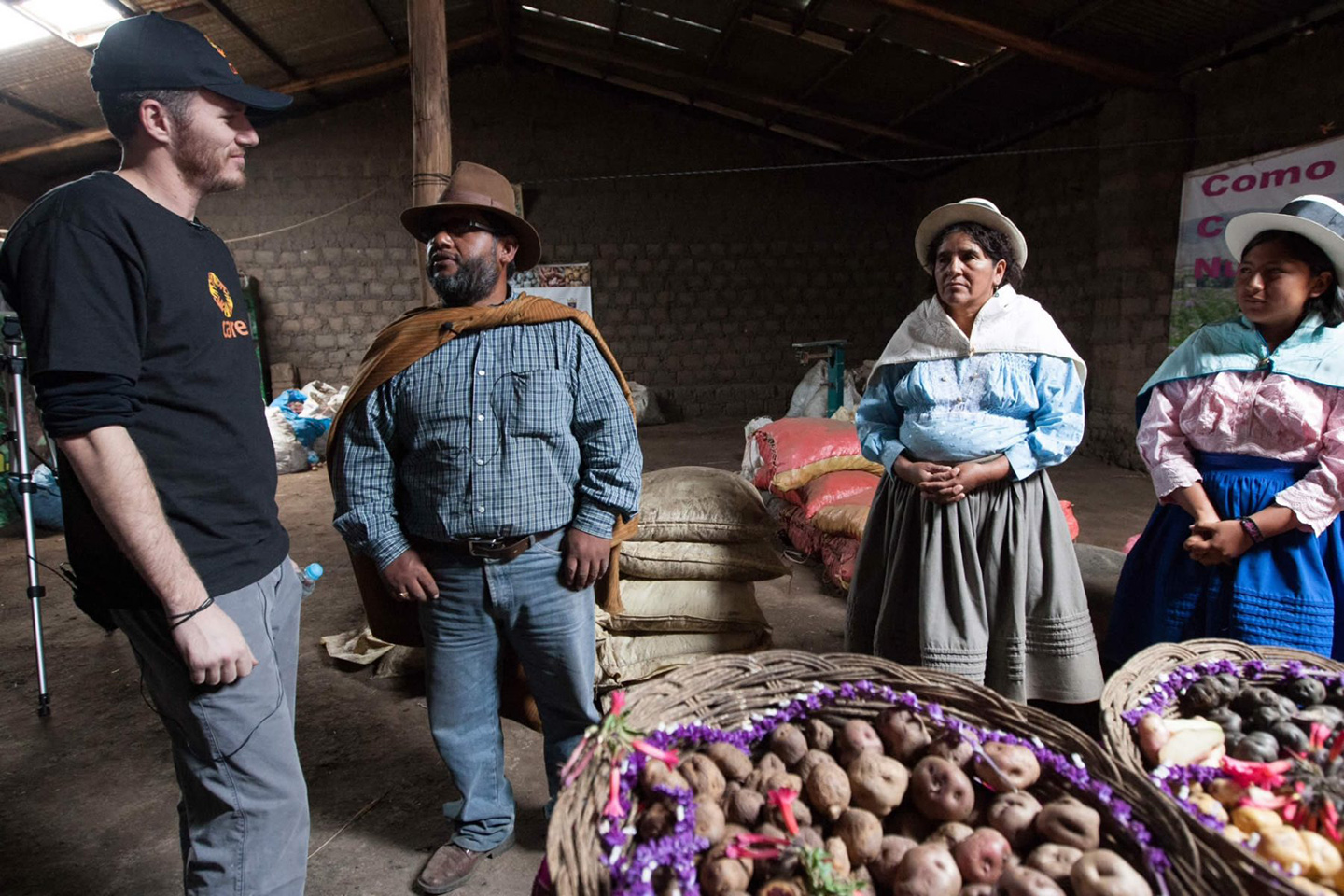
What do you see as a path for impact in your advocacy work?
I’m trying to establish small wins leading up to a bigger picture. It can feel hopeless sometimes. I’ve been always advocating, “Let’s spur up a lot of small wins. We’re way stronger together under a piece of legislation with support from the government, to move things forward.” But we’re going to have to be smart about it. We can’t continuously bark about what we already know. It’s also about getting the right people at the table and having the right type of conversations. For instance, look at what First Lady Michelle Obama’s initiative spurred amongst chefs. She rallied chefs into action to go to schools and to see what these kids are eating. Now there’s a huge chef advocacy for this initiative. It’s all about getting the right people on board to push these issues.
Do you feel like you have a personal responsibility as a celebrity chef to be wading into the fight on these issues?
I look at other chefs that inspire me, that paved the way. There’s Michel Nischan, he’s just a rock star in the food- policy world. Chef Tom Colicchio, the same guy that kicked me off of my reality show, has done huge work on food policy. Jose Andreas is another. There are a lot of great chefs that have come before me that have used their clout and their notoriety to really have impact.
Why do you think there is an enthusiasm gap for policy makers to listen to a chef versus listening to a farmer?
It’s too close to home. You bring a farmer into the room to talk about their experiences, and they’re getting the worst of it. They’re at the beginning of the whole chain. You put that in front of a policy maker and they’re like, “Whoa, this is uncomfortable.” But when you put a chef that has a restaurant, cocktails and a bar, it’s a whole different opening and discussion. And it’s not fair. It’s not right. For me, it’s about how we can bring the farmer and chef together to advocate and share the story with others.
How do we create more enthusiasm for people to raise their own food literacy and involvement?
It has to draw from the excitement of doing a positive thing and owning it. Sure, someone might plant a container garden on their rooftop and Instagram it, but it’s about what people can give and contribute at that moment.
But I would ask people to focus a little bit more on what the most important issues at hand are right now. Figure out something that’s really important to you. Three years ago, after I did the James Beard Foundation’s Chefs Boot Camp for Policy and Change, I came back home and was so excited. I thought, “You know what? I’m going to tackle food policy. I’m going to figure out how to get myself into it.” A little bit later, I got the position with the D.C. Food Policy Council.
Everyone started asking me: “What’s your thing?” And I didn’t know. There’s so much to tackle, so you really just have to pick something that fits who you are and that you feel good about doing.
For me, it’s food waste. For somebody else, it might be urban agriculture. For somebody else, it might be recycling ugly fruit. All these little small things, small wins, are going to amount to bigger awareness. So I try to take an optimistic point of view, because we have to know that this change doesn’t happen overnight. It may not happen in my lifetime, but you can feel good about contributing to it.
At the end of the day, we need to have a strong voice. It’s why I am so stoked about our work with Food Policy Council in D.C. It’s bringing together people who’ve made lots of loud noise as individuals and can be represented under a piece of legislation with strong government support.
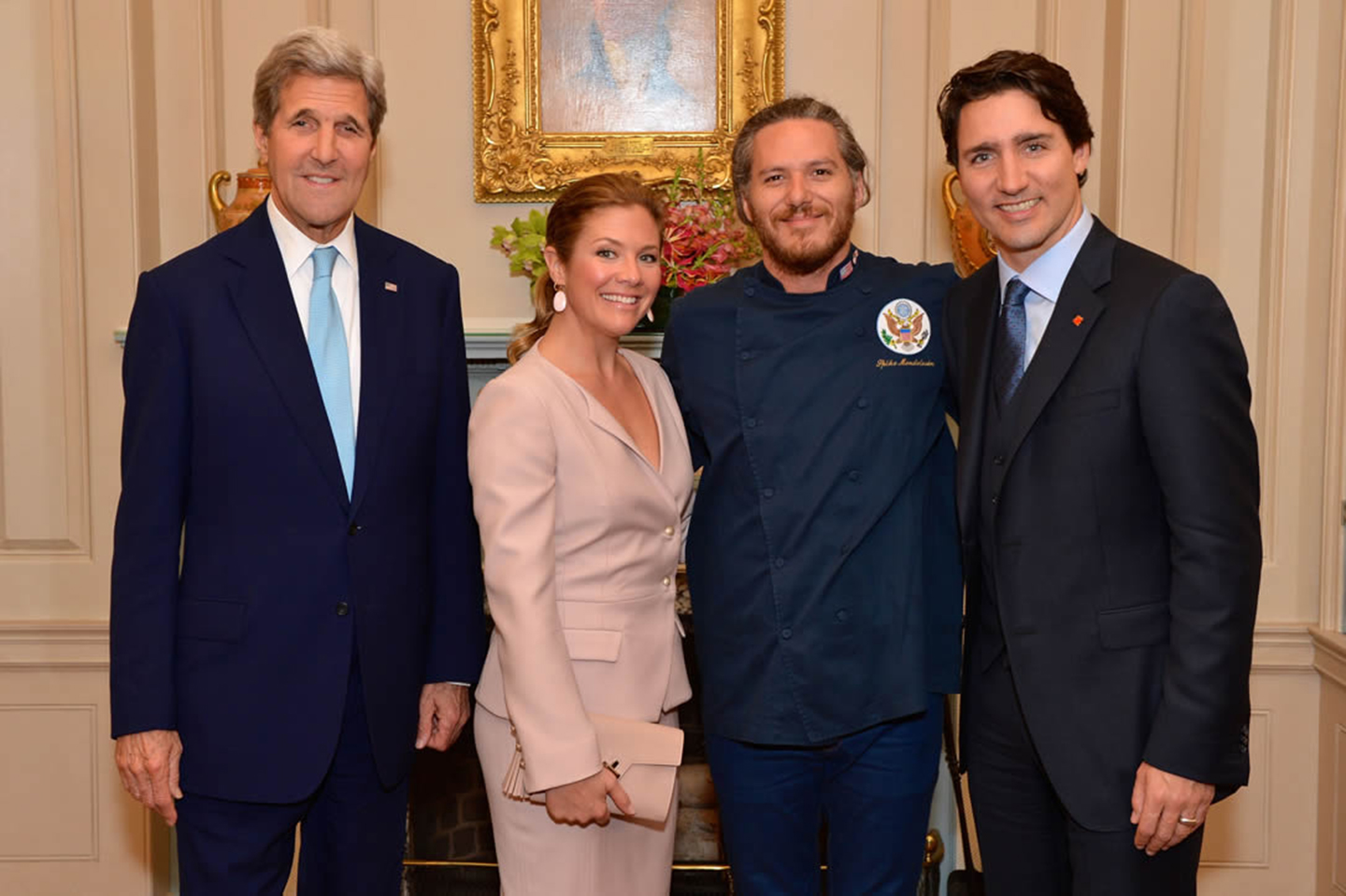
State Luncheon in honor of the Prime Minister and his wife at the U.S. Department of State in Washington, D.C., on March 10, 2016. US State Department
You’ve indicated that local change comes first. Is this our way forward through political roadblocks on a national level?
Exactly. I think the biggest change can be state-to-state, rather than waiting for these national policies to come through. The way we set up the D.C. Food Policy Council is to have 12 members — the 13th being the food policy director — but we require that every ward is represented in our council. It’s grassroots and hits home. All hearings are open to the public. This approach, for me, is something I can wrap my head around to have impactful change.
That’s why I want D.C. to set the stage on food policy, because I feel like if others see us, and how it works, everyone else will start to do it. The L.A. Food Policy Council and Baltimore ones as well, both do amazing stuff. Hopefully we will see more and more of this happening.
Congratulations on becoming a father. What are you most excited to make a part of your child’s life around food?
Thanks! Well, for me, I want him to get in the dirt. I want him to know where food comes from. Grow some food and work a little bit of land. I think that’s fun. Then my goal is to have a classically trained French little guy by the age of eight, so he’s got a lot of work ahead of himself. We’ll start on all of those classic mother sauces and get him cooking soon. All joking aside, I’m a chef and I’m a farmer, as well. I love farming. I love doing it all. It’s just going to be fun to share those moments with him. You always want to share a little part of yourself with your child. That’s what I’m going to do, and my wife’s going to be the nerdy literature buff.
If you were farming full time, what would be your favorite thing to grow?
I always felt like having a hearts of palm farm would be super cool.
And what would you say to someone who is just intimidated by food? Someone who doesn’t cook or know much about where food comes from…how do you get that person started?
Well, if we were dealing with a case of this person needing some major help in the food department, I’d probably just invite that person over for dinner, and babysit the process of cooking a meal. Like I said earlier, just getting together around the ceremony of preparing a dinner. For someone who wants to go to the next level with their food awareness, I feel like there are a lot of local things happening. Whether it’s your local community garden or a cooking class, you just continue to build on this baseline of eating together. As your love of food deepens, then hopefully we’ll see that person’s involvement grows.

